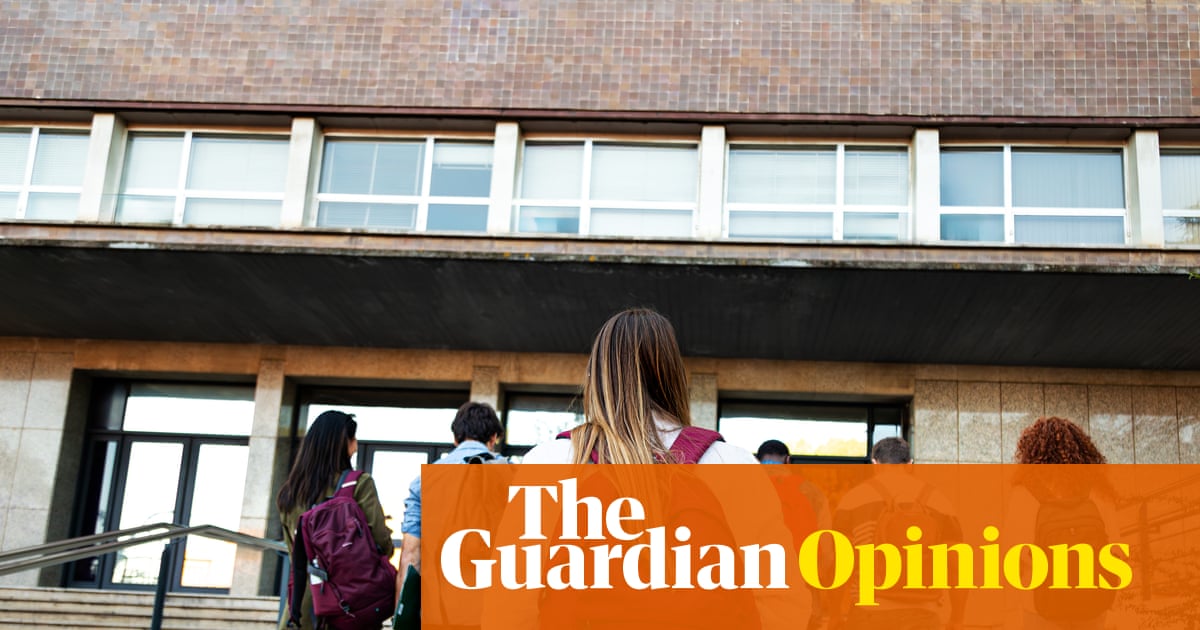One in three female students say they have endured sexual harassment during their time at university or college, with most of it taking place around campus, according to data published by England’s higher education regulator.
The results showed that nearly one in five women also experienced sexual assault or violence during their time as a student, often at the hands of other students or staff, with younger women, lesbian, gay or bisexual students and students with disabilities at higher risk.
The findings from the Office for Students (OfS) survey of more than 50,000 final-year undergraduates were described as “a national scandal” and suggest that the rate of sexual harassment and assault is worse than among students in other countries.
Jo Grady, the general secretary of the University and College Union, which represents academic staff and researchers, said: “These shocking figures expose just how widespread sexual harassment and assault are in our universities, with one in four students reporting harassment and one in seven experiencing assault.
“No one should have to fear abuse, yet institutions are still failing to protect them.
“It is a national scandal and vice-chancellors cannot keep turning a blind eye. This demands urgent, sector-wide reform and accountability. Students and staff deserve safe campuses, not excuses.”
While 24% of all students said they had experienced sexual harassment, including pestering and sending images, women were nearly three times more likely to experience the harassment than men, with 33% affected compared with 12% of men.
Women were also more than twice as likely as men to experience sexual assault or sexual violence, at 19% compared with 7% of men.
A similar survey carried out in Australia found that 16% of students had experienced sexual harassment and 4.5% experienced sexual assault while at university.
In England, nearly 40% of the harassment took place away from the university environment, but many of those cases involved someone from the university or college, mainly other students although 3% of cases involved academics.
Only 13% of students who experienced harassment in the past 12 months had reported it to their university or college. While sexual assault was more frequently reported, younger students aged 21 or under were less likely to do so.
Of those who formally reported incidents, only 47% rated the procedure as good, while 39% said it was poorly handled.
While older students were less likely to be sexually assaulted or attacked, the survey found that those over the age of 31 were far more likely to be assaulted by a member of staff, including lecturers, sports coaches or other staff.
Universities and colleges regulated by the OfS face new requirements to tackle harassment and sexual misconduct. Susan Lapworth, the OfS’s chief executive, said: “All students should expect their time at university or college to be free from sexual harassment or assault. We know that’s not always the case and we’re grateful to each student who told us about their experiences.
“Over the last year, universities and colleges have rightly renewed their efforts to tackle these issues – because when incidents do occur they can have a profound, even devastating, impact on students’ ability to thrive and succeed.”

 3 months ago
86
3 months ago
86

















































